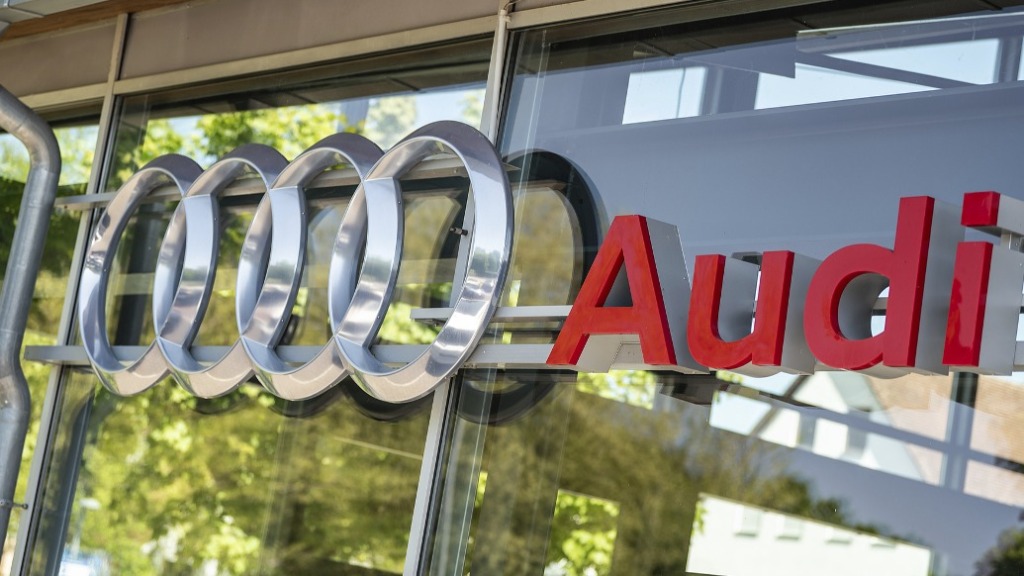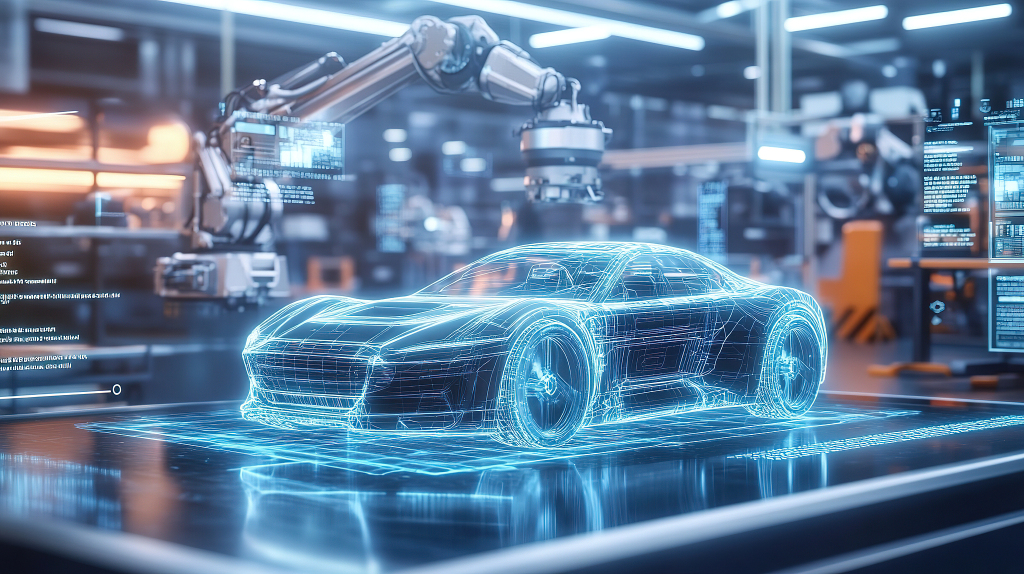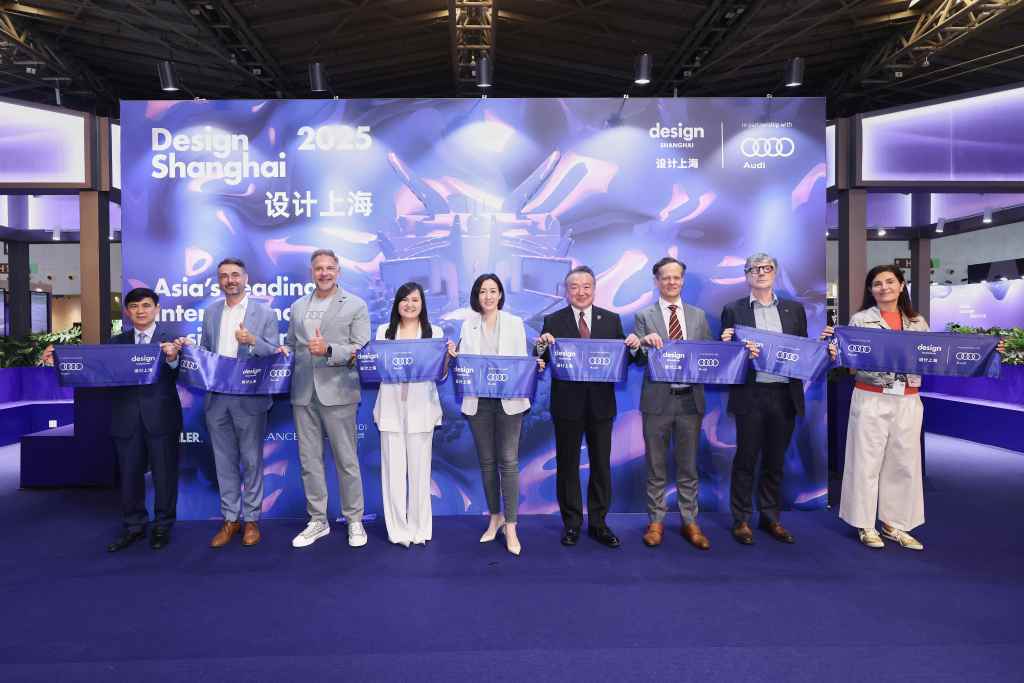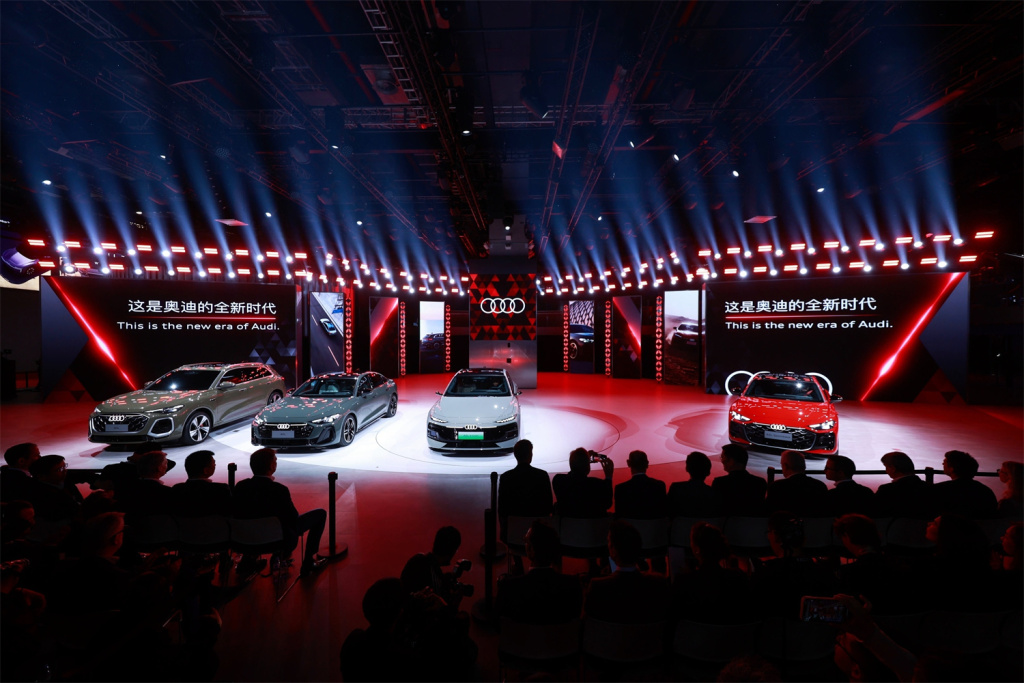
According to foreign media reports, German automaker Audi recently revealed that the company has adjusted its previous plan to completely stop the development and sales of internal combustion engine models in 2033, and said it will respond flexibly according to market developments. This decision marks that Audi has adopted a more cautious strategy in the process of electrification transformation.
Audi originally planned to stop research and development of internal combustion engine technology next year, and the company once announced that it would no longer launch new models equipped with internal combustion engines from 2026.
Audi CEO Gernot Döllner confirmed in an interview with Autocar that the company has decided to cancel the internal combustion engine phase-out schedule. However, he revealed that this decision was not made by him, but was based on the company's overall strategic considerations. Gernot Döllner specifically pointed out that this decision will cover Audi's high-performance RS series models to ensure the integrity and competitiveness of the product line.

Gernot Döllner said: "Audi will launch a series of new internal combustion engine models and plug-in hybrid models between 2024 and 2026, which will provide us with sufficient flexibility for at least 7 to 8 years, or even 10 years. After that, we will adjust our strategy according to market developments. We have decided to extend the production cycle of the relevant models beyond the previously announced production suspension time."
In terms of technology research and development, Gernot Döllner confirmed that Audi will lead the hardware and software architecture development projects of all large models (i.e. A5-level and above) under the Volkswagen Group in the future, including the next-generation SSP platform that will promote the Volkswagen Group's first realization of "software-defined cars". The first Audi models based on the SSP platform are expected to be launched at the end of 2027 or 2028. It is worth mentioning that the project has received technical support from Rivian, which is invested by the Volkswagen Group.
Audi is streamlining its product line. The Audi A1 and Q2 will no longer be updated, the Q3 and A3 will become entry-level models, and the A8 will continue to be the flagship model of the sedan series. In the field of SUVs and crossovers, the Audi Q7, Q8 and the planned Q9 will form a high-end product matrix. In addition, Audi is developing an A3-level pure electric model, which is expected to be launched in 2026, but will not launch an entry-level electric model like the Volkswagen ID 2, Skoda Epiq or Cupra Raval.
Speaking of the company's newly formed F1 team, Gernot Döllner said it would provide inspiration for the company's future road car development. Especially in terms of hybrid system management and efficiency, the technical accumulation of F1 racing will help improve the performance of Audi's road cars. When asked whether it would take this opportunity to restart classic models such as the R8 and TT, Gernot Döllner said the company is evaluating various possibilities, but specific details are not yet available.
In response to the above report, Audi China officially responded that Audi will cover all drive forms and actively and pragmatically transform to pure electric. "We firmly believe in the future of electric mobility and are committed to achieving the clear long-term goal of a fully electric product lineup. The diversity and volatility of the market require us to provide a differentiated product portfolio in the next few years in the most flexible and stable way possible, covering pure electric models, plug-in hybrid models and internal combustion engine models. New models developed based on the PPE luxury pure electric platform and the PPC luxury fuel vehicle platform will play a key role in this. We will continue to be committed to active model matrix maintenance to keep our internal combustion engine models attractive to customers after 2026 until the end of their respective product life cycles."


